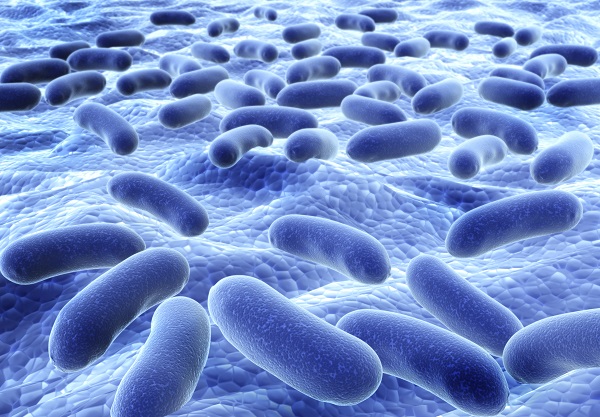
The Harm of Biofilms in Dentistry
Have you heard of Biofilm on Teeth? The mouth is an extremely complex system made up of many tissues and bacteria. It relies on a delicate balance of bacteria, enzymes, and saliva to maintain its health. When biofilms begin to build, it can be difficult to maintain this balance and oral disease can develop causing caries and gum inflammation. Understanding the harm that biofilm on teeth can cause in the oral cavity is important in preventing these colonies from developing and maintaining oral health.
What are Biofilms?
Biofilms are aptly named colonies of microorganisms that attach to the surfaces of many things with an extracellular polymeric substance matrix. They manifest in sticky, microscopic, films that contain billions of bacterial cells which are able to rapidly reproduce in this ideal environment. Interestingly enough it was the discovery of biofilm on teeth, by Dr. Van Leeuwenhoek, that changed the game of microbiology and alerted scientists to the existence of these extremely harmful and virile bacteria-filled matrixes in the first palace. Biofilms strongly adhere to the surfaces they populate, a gentle rinsing will not remove them as their extracellular matrix is made up of cells that comprise what it clings to. This can include blood components, mineral crystals, and corrosion particles. Biofilms can develop on living tissues like the teeth, and non-living like water pipes and a combination of the two such as a medical device and the tissue it is implanted into. Stopping the accumulation of biofilms has been an important aspect of health and sanitation for dentists, doctors, and public health workers for hundreds of years.
Biofilm on Teeth
Biofilms that form in our mouths are often comprised of saliva and other biological components including glycoproteins, white blood cells, and sugars. This makes it very easy for them to strongly adhere to the teeth and equally as difficult to remove. Once a biofilm begins to develop it expands and collects more sugars, bacterias, and cells over time. This leads to a buildup that we call plaque. If not removed this biofilm will continue to grow, thicken and transform into a much more difficult substance to remove known as tartar. Once these biofilms advance to the level of tartar, it is common to see erosion of the teeth, or cavities, and the development of gum disease. Over time these biofilms can inflame the gums so much so that they recede. The film is able to continue its expansion and cause the development of periodontal disease, which causes gum, tooth, and bone loss.
Biofilms are also very detrimental to the health of dental restorations as well. They can cause the same harm to the gums, if not properly removed on a daily basis. More concerning is the development of biofilms on dental implants. Because biofilms can develop and grow on nearly every substance known to man, dental implants are not impervious. In some cases, a biofilm can develop on the implant itself. This condition can prevent the bone from fusing to the implant by infecting the surrounding tissues and ultimately cause the implant to fail. This condition is called peri-implantitis and is occurs in about ten percent of all dental implant procedures. While biofilms are the cause of much dental distress, preventing them from adhering to the teeth and causing damage is possible.
Preventing Dental Biofilms
Biofilms are constantly developing and adhering on many surfaces we come in contact with on a daily basis, especially in our mouths. This is why it is so important to practice beneficial daily oral hygiene practices. By brushing your teeth for two minutes at a time you disrupt this process and remove much of what makes biofilm on teeth so harmful: bacteria and sugars. Biofilms are hard to remove which is why your Melbourne, Florida dentist stresses that you brush for two minutes twice each day. Flossing aids in breaking up this biofilm and removing more debris and sugars which helps to protect your gums from the consequences of accumulated biofilms. Biofilms are harmful substances that we all must deal with. If you can practice beneficial oral hygiene practices every day, you can do your best to prevent them from harming your teeth and oral tissues.

